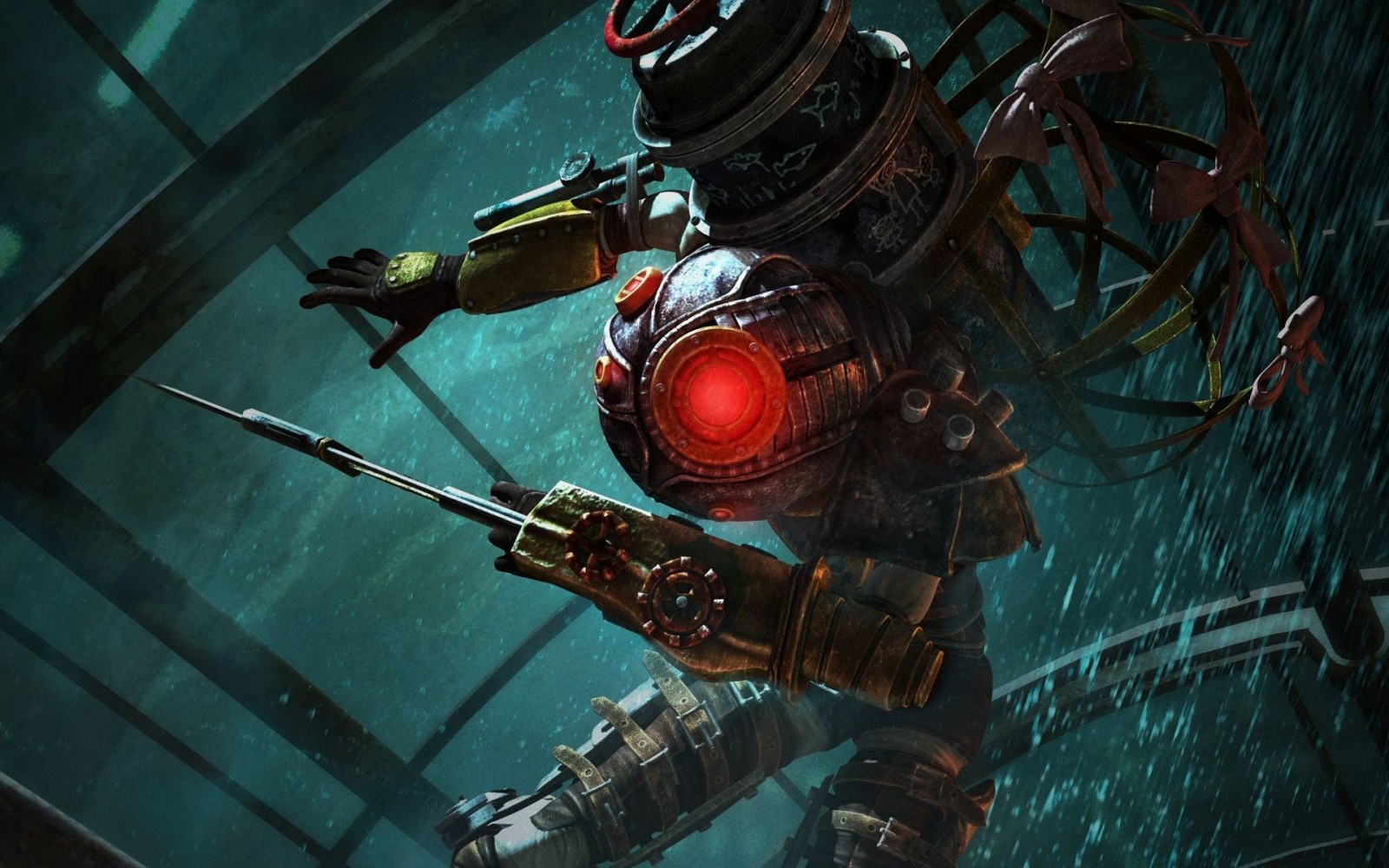Game of the Year Is Too Easy. How About Game of the Decade?

Credit to Author: Patrick Klepek| Date: Thu, 02 Jan 2020 13:43:30 +0000
Through the rest of December and into early January, we're going into hibernation. But every day, we'll have a new podcast for you to listen to, and sometimes, an article to read. You can keep track of everything we're talking about to look back on the past year (and decade) right here.
Making a game of the year list is a funny thing. Are you picking a game because it meant a lot to you, or are you picking a game because it’s important, and it its presence is a symbol? That’s hard enough to figure out year over year, let alone over the course of a whole decade.
And yet, we tried. Not only that, but we attempted to squeeze the whole damn thing into only 30 minutes. Really? Really? Yes. I’m the one who came up with the rules, so get mad at me.
We were lucky enough to be joined by our resident keyblade master, Natalie Watson, for this segment. The format is simple. Everyone came to the table with a game that, for them, helped explain the last decade in games. There were no specific rules on how you had to pick a game, so everyone went in different directions. The result, however, is a sprawling discussion about how much the medium has changed in the last 10 years. It’s a long time!
Rob: So I’ve I said before that it takes a long time for me now know how I feel about something. My feelings about things are fundamentally mysterious to me. Years later, I will be surprised by what resonated with me. What is it, of all the things that happened to you 10 years ago, those are the memories that are happiest? I'm always surprised what they are because they're never the ones that would have picked.
I was wrestling with this because there's games that I know had a huge impact on me, like strategy games like Europa Universalis 4 changed my relationship to what strategy games could or should be. The arrival of the new XCOM series in this decade brought an entire genre back into being almost, and created a lot of imitators that I've really enjoyed its, and has generated some of my favorite memories of cooperative play.
But as I look over games of this decade, I was really surprised to realize that a lot of the things that hit still hit me the hardest were from very early in the decade, and I kept returning to two games that surprised me. They're not the games that would be like, “Here, let me let me show off my critical taste by dropping these two games.” The two games that I kept returning to were BioShock 2 and The Witcher 2.
The thing these things both have in common is they're both refinements in some ways or progressions of what the original games are trying to do, but they're not burdened with expectation of scale. And I think in many ways, this is the story of the decade. There's so many good ideas that just get all these expectations weighed on them.
Austin: We just talking about Far Cry 3, 4, and 5 in the immersive sim episode very briefly.
Rob: You can't just have a good idea. You can't just tell us tell a good story. Mass Effect 2 comes out in a similar era. Mass Effect Andromeda, again, wrestles with this. It can't just be a good Mass Effect story. It has to be this blown out new launch of the second half of this IP.
Austin: A franchise.
Rob: Yeah. And I return to these games a lot because I think they're both about wrestling with mistakes in some ways, and they both have a lot of sadness in them. And that's my shit. I like I love games, the sort of where you're the hero, but like, your ability to be a hero, your ability to set the world right, is realistically limited. Both of those games struggle with that. I think my heart is with BioShock 2 because the end of that game, when it reveals what it's really been about—it's not about you, it's what your moral code passes on in the world.
You are the role model for the most powerful kid in existence, the person who is going to take all the power that was seized in Rapture. What is she going to be she? She could be awful, or she could be a merciful goddess? In some ways, it is how you are reacting to the people that wronged you, how you are wielding go right to vengeance versus the call to mercy. That's what the game hinges on, and the way it pays off in the third act remains one of my favorite moments of this decade.
This excerpt was edited for clarity and length.
You can subscribe on Apple Podcasts, Google Play, and Stitcher. If you're using something else, this RSS link should let you add the podcast to whatever platform you'd like. If you'd like to directly download the podcast, click here. Please take a moment and review the podcast, especially on Apple Podcasts. It really helps.
Interaction with you is a big part of this podcast, so make sure to send any questions you have for us to gaming@vice.com with the header "Questions." (Without the quotes!) We can't guarantee we'll answer all of your questions, but rest assured, we'll be taking a look at them.
Have thoughts? Swing by the Waypoint forums to share them!
This article originally appeared on VICE US.